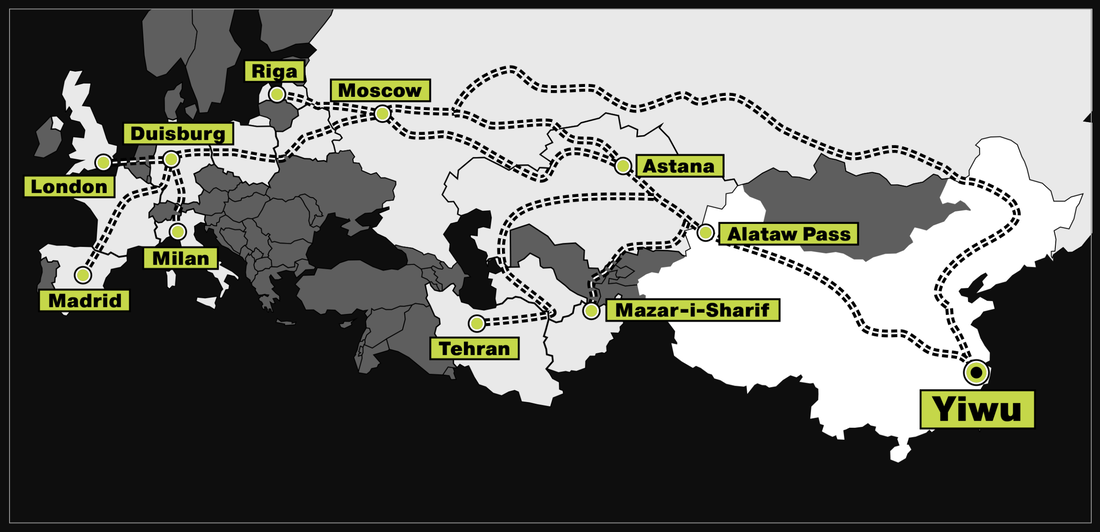|
|
Yiwu exports 60% of the world's Christmas decorations.
M a d e I n C h i n a
|
Reporter |
About 300 kilometers south of Shanghai, in a hilly region of China’s Zhejiang province, the world’s largest wholesale emporium rises atop ancient agricultural bartering grounds. The Yiwu International Trade City, which opened in 2002, is a symbol of China’s strength in world commerce. Yiwu supplies humanity’s largest offline selection of mass market consumer goods: clothes, electronics, furniture, appliances, vehicles, jewelry, toys, and beyond.
|
Luring international merchants with polylingual signage, easy visa access, and bulk value, Yiwu exports 65% of its inventory, including 60% of all Christmas decorations worldwide. There’s a good chance that you own something from Yiwu: that stuffed lion you won at a fair, that replacement power cord for your phone, or even that Eiffel Tower statuette you purchased at a souvenir shop in Paris.
Delivery carts jockey with water bottle porters, stockmen, and renovators among buyers and shoppers
